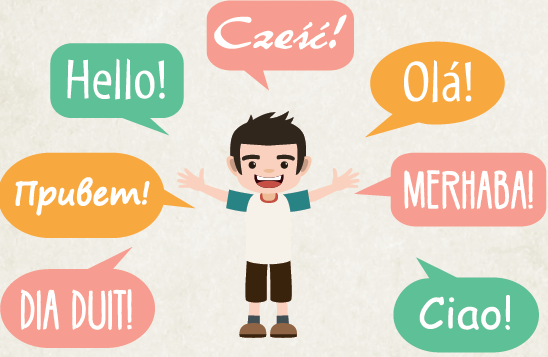KNOWING MORE THAN ONE LANGUAGE
1. .......................
Richard Simcott is a British polyglot. The word ‘polyglot’, derived from Greek, means ‘the ability to speak many languages’. Richard, the founder of the Polyglot Conference website and the co-organiser of Polyglot 2017, has studied more than fifty languages and had outstanding abilities in over 16 languages including Turkish, which is a feat that has made HarperCollins call him ‘one of the most multilingual people from the United Kingdom.’ Simcott is one of the most proficient linguists and leads a team of polyglots called ‘e-Moderation’.
2. .......................
Simcott was extremely interested in languages and accents when he was a child. At school, he tried learning bits of various languages and started buying foreign-language books. He studied languages at school and university eventually, and it grew from there.
3. .......................
Simcott believes continuous study and plenty of practice is the answer to learning a language. He says he learns languages because of his intention to learn them. While he is learning a language, he also concentrates on the level he needs to speak.
4. .......................
Speaking more languages delays dementia. There have been numerous studies about multilinguals. Being a multilingual can improve attention and memory, and this can really help to delay dementia. Looking at the experiences of immigrants, Ellen Bialystok at York University in Canada has found that speaking two languages delayed dementia diagnosis by five years. Those who knew three languages, however, were diagnosed 6.4 years later than monolinguals.

